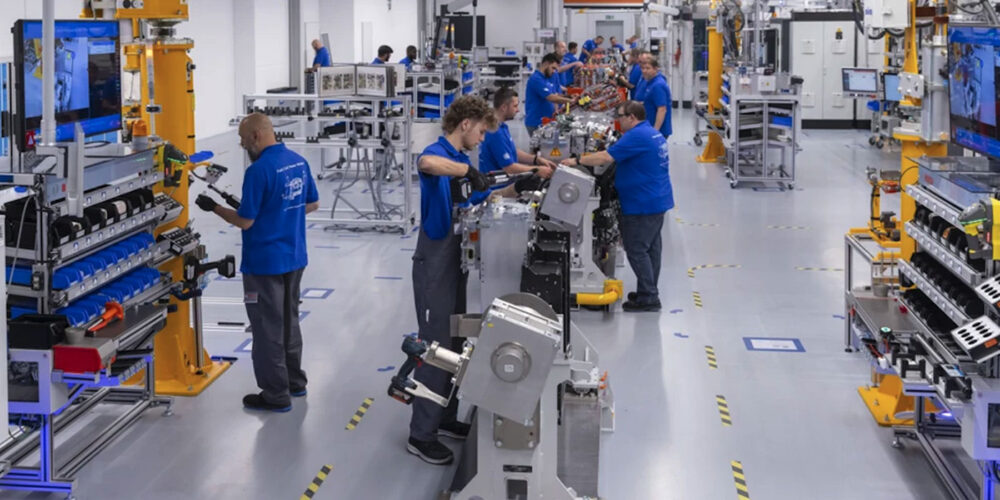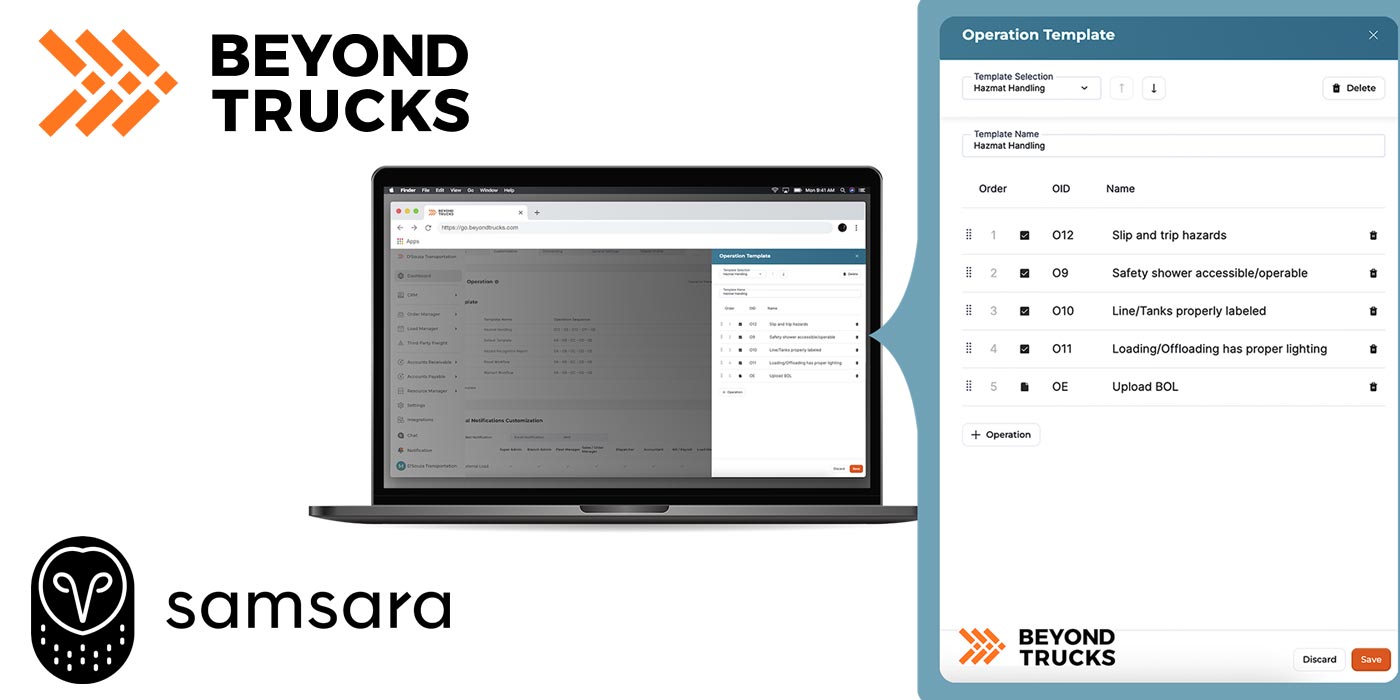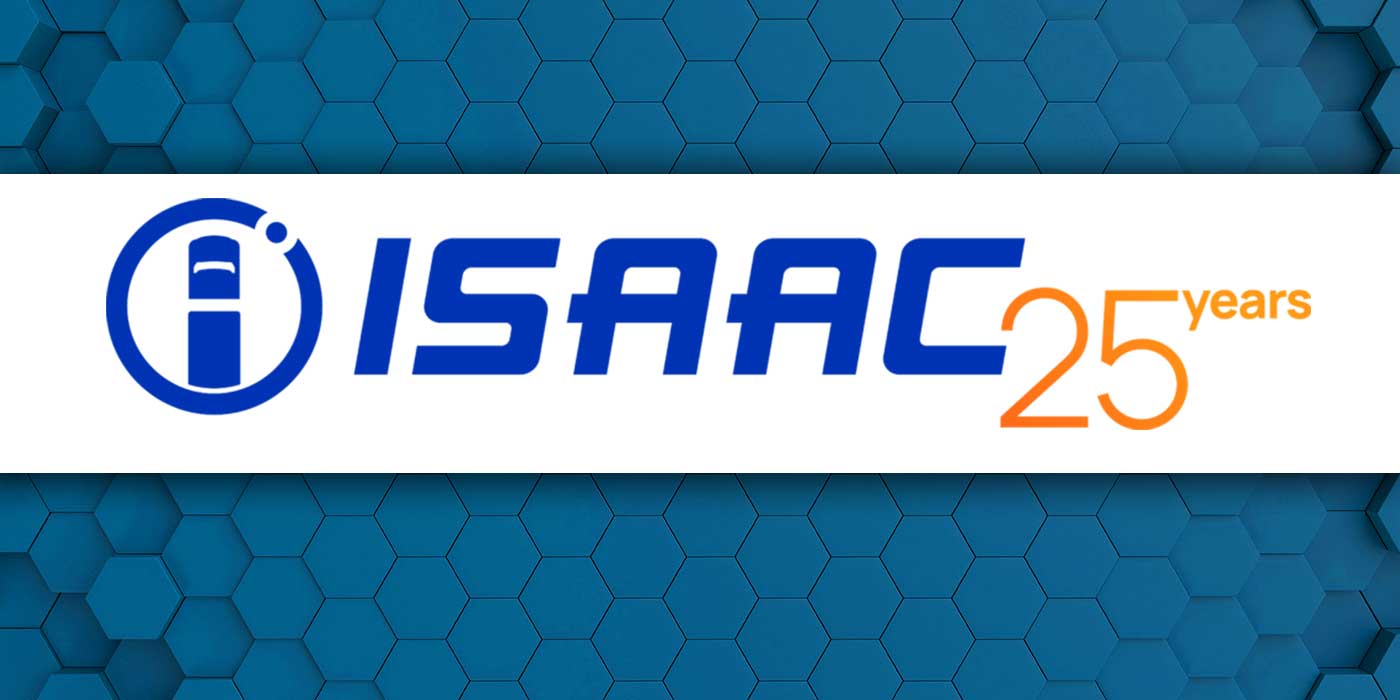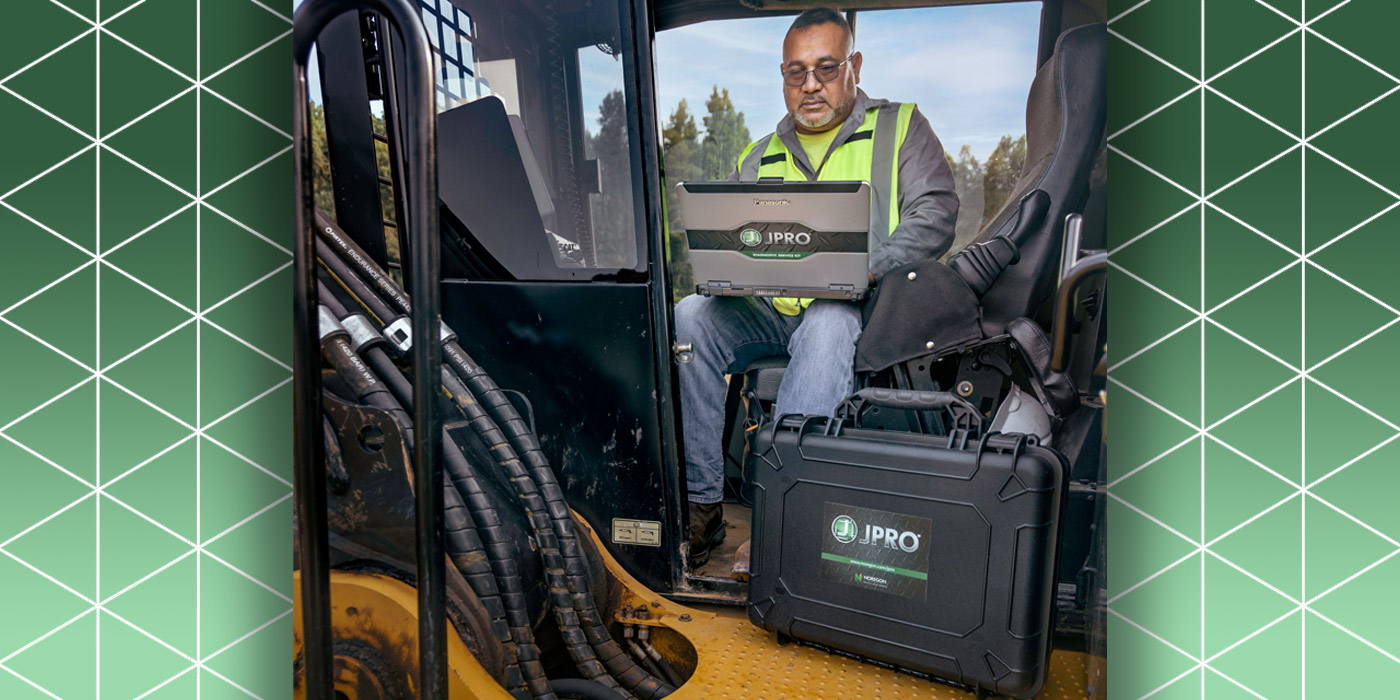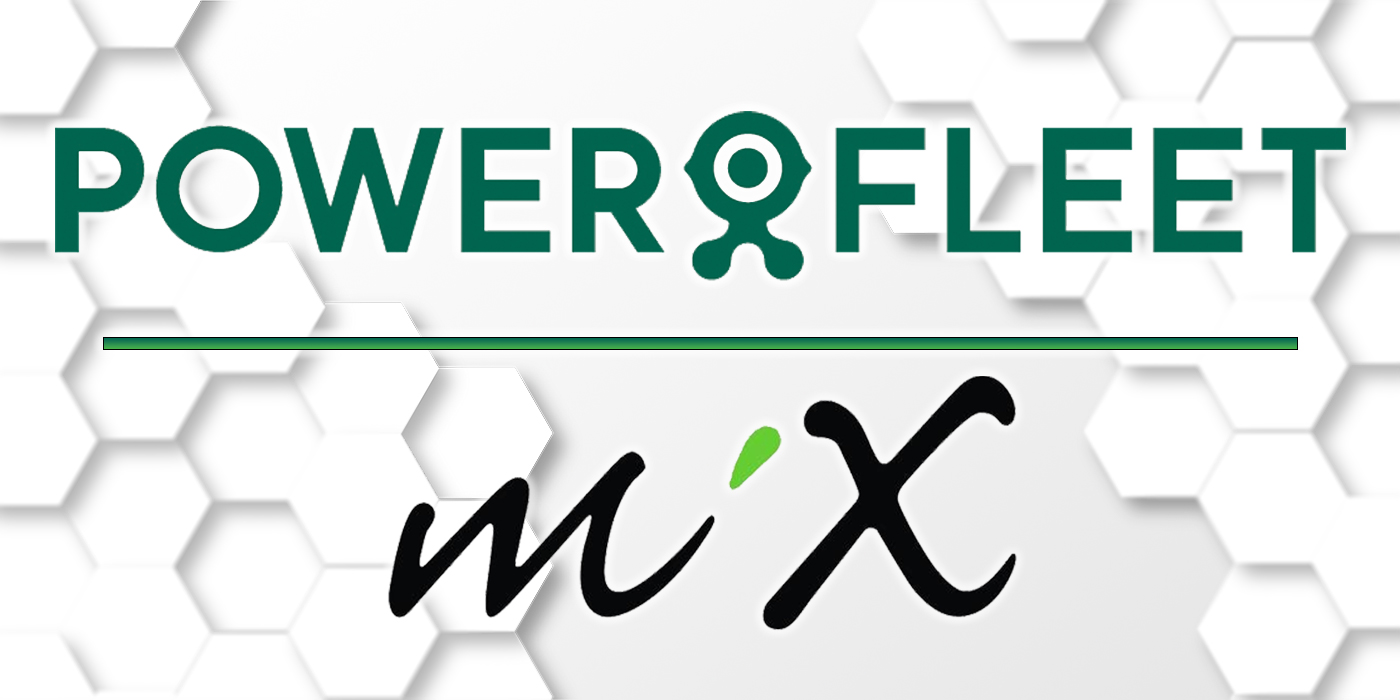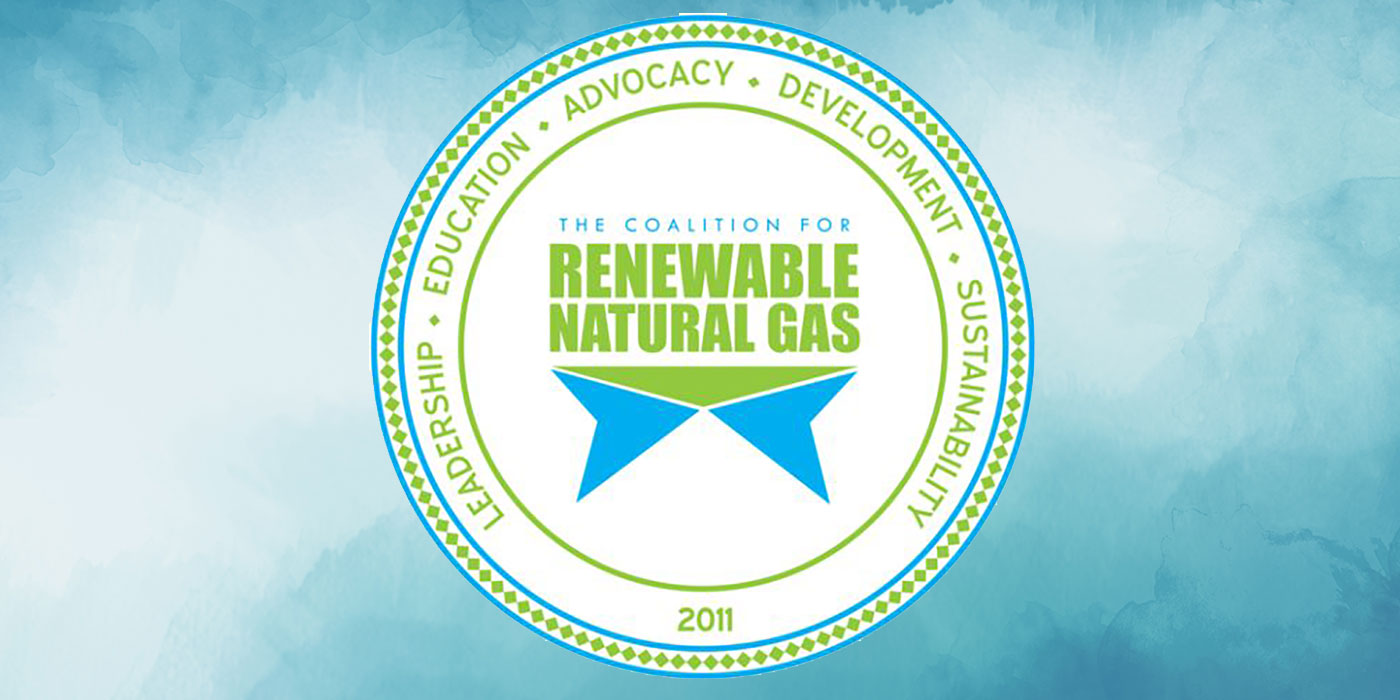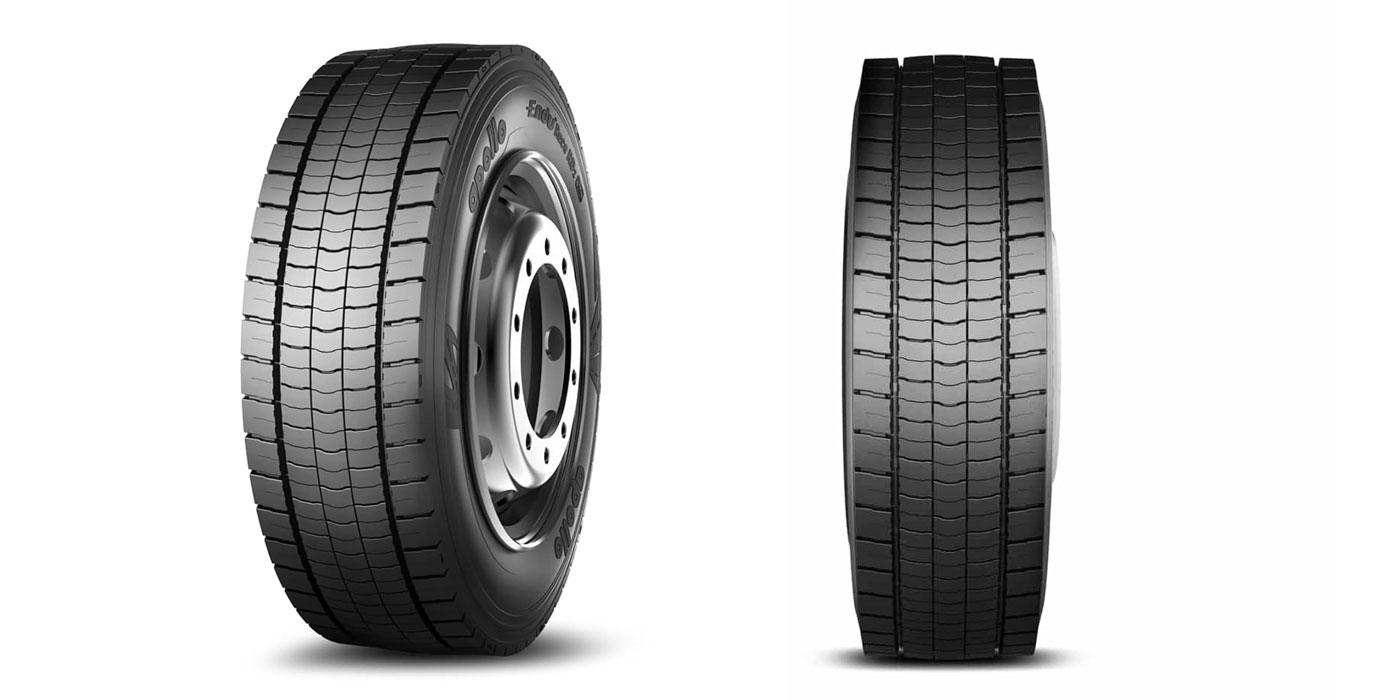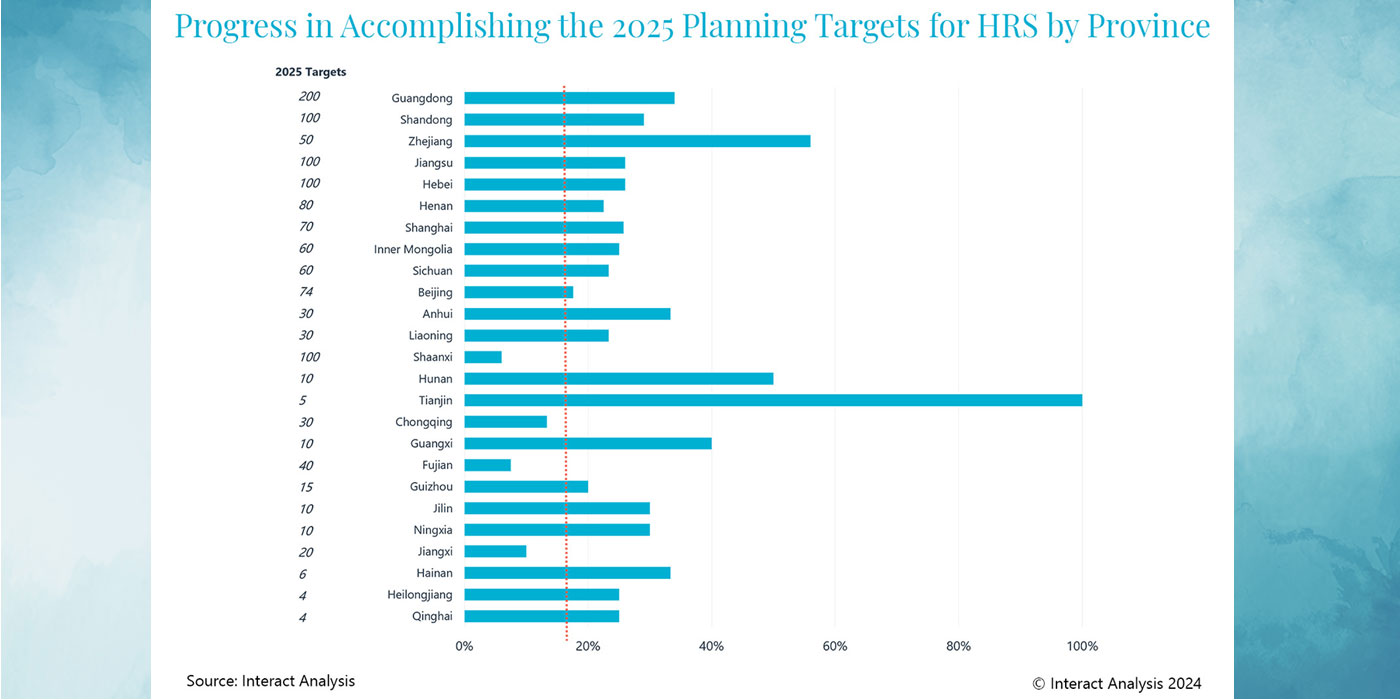Bosch has begun production of hydrogen fuel-cell power module technology at its Stuttgart-Feuerbach location. Nikola Corp. will serve as the pilot customer with its Class 8 hydrogen fuel cell electric truck, which is scheduled to enter the North American market in the third quarter of 2023, according to the company.
The company operates along the entire hydrogen value chain, developing technology for its production and application, and relies on a global network to do so. For example, the Bosch plant in Bamberg, Germany, will supply the Feuerbach factory with the fuel-cell stack and important system components such as the electric air compressor and the recirculation blower come from the Bosch plant in Homburg, Germany. By 2030, Bosch notes that it expects to generate sales of roughly $5.3 billion with hydrogen technology.
Production of the fuel-cell power module is starting in Feuerbach and also in Chongqing, China. The components it requires will come from the Wuxi plant. According to the company’s press release, between 2021 and 2026, Bosch will have invested a total of nearly $2.6 billion in the development and manufacturing of its H2 technologies. As of now, there are more than 3,000 people at Bosch working on hydrogen technologies, more than half of them in Europe.

